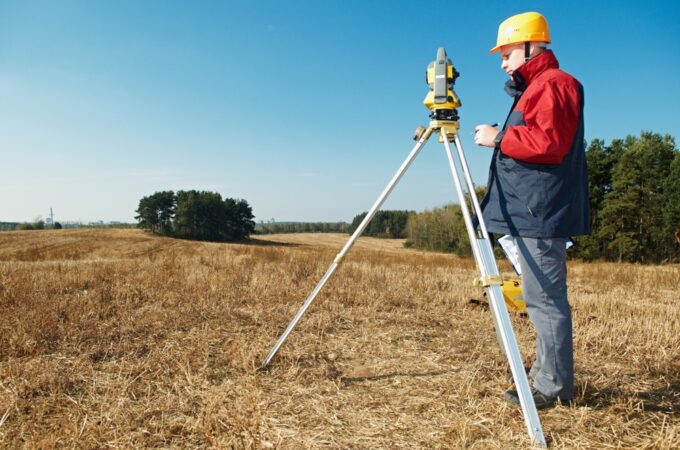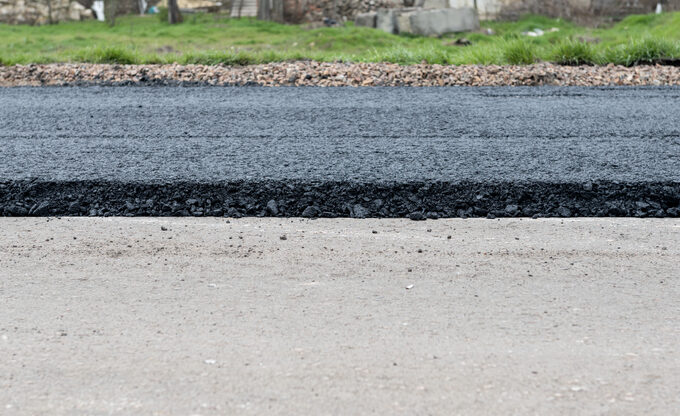
Important Things to Know Before Investing in Real Estate
It’s one of the first things suggested for first-time investors— the real estate market. Real estate is a fairly stable investment that offers consistent passive income and other benefits, but it can look complicated from the outside. It gets easier as you gain experience from company like Walter Soriano London Management, but the more you know, the more firm of a foundation you’ll have getting started. In this article, we’ll discuss some important decisions you need to make before financing that first property and things to keep an eye on after the purchase. Ready? Let’s go.
Real Estate Investment Strategies
The first thing to decide is your approach to real estate. Do you want to follow the BRRRR (Buy, Rehab, Rent, Refinance, Repeat) method or be a house flipper? Are you a sole investor, or will you join a real estate syndicate or crowdfund?
To know what works best for you, there are many things to consider. First is what your current budget and financial situation look like. If you need to start with affordable properties, consider the BRRRR method or flipping since you can buy properties ‘as is’ and doll them up yourself before renting or selling at a profit.
After discussing the BRRRR method and house flipping, you may also want to consider other guidelines like the One Percent and Two Percent Rule in real estate to evaluate potential investments. These rules serve as quick guidelines to gauge the potential profitability of a rental property. Essentially, they help you determine if the monthly rent you can charge will be sufficient to cover your costs and provide a reasonable return on investment. For example, the One Percent Rule mentions that the monthly rental income should be at least 1% of the property’s purchase price, while the Two Percent Rule aims for a monthly income of at least 2% of the purchase price. Understanding these rules can be a valuable addition to your investment strategy toolkit, especially for those new to the real estate market.
Determine How You’ll Manage Properties
As a real estate investor, you will own the properties you are renting out. You can either have an active role with your property or hire a property management firm to handle things for you. If you choose to be an active landlord, you will need to research landlord obligations in the area where you are investing and come up with a legally sound rental agreement. The more separate properties you own, the more likely you will want to bring in property managers or turn your investments into a business and hire staff to help.

Research Where You Want to Rent
Not all real estate markets across the US have the same high and low periods, although there are definitely shared trends. If you are considering renting a property, you need to research the area and perform a market analysis to determine if rental properties are in demand. One of the main risks of rental properties is how quickly you can fill vacancies, as an empty rental will still cost you money and time. Consider working with a real estate agent when you first get started; they can help you read the market and analyze rental demand— they can also help you purchase your property and then draft up a lease agreement before helping you list the property again.
Take Advantage of Resources
The investment community is full of veteran entrepreneurs who are willing to help new landlords get started. Additionally, there are several professional resources available. You can use landlord software to streamline your renting process or talk to a lawyer for help shoring up your lease agreement. Work with real estate agents who have a feel for the market and get to know local repair contractors, so you know who to call if your property needs help. Work with financial advisors to create an investment goal or hire a tax agency to help you retain documents and file properly at the end of the year.
All of these resources are at your fingertips— you just have to be willing to take those first steps in setting up appointments or consultations.
Prepare to Expand Your Investment
If your first property is a success, you will start to accumulate what is called a debt-service ratio. This is a way to calculate the success of your investment and to qualify for better financing options moving forward, like DSCR loans. Using a DSCR calculator, you can check in on whether you are pulling a profit from your property and if it’s enough to invest in more. Most lenders want to see a DSCR of 1.25 or higher and a credit score of 680 before they’ll offer DSCR loans. However, once you reach that point and expand your investments, you will start to see higher returns.
Keep All Records
Finally, you want to have a plan to safely store all of your records. From the purchase of the home to receipts for renovation materials, keep every bill, statement, and receipt you receive that is related to the property. Most of these business expenses can be used for tax breaks and deductions, but you have to hold onto records for several years in case you ever get chosen for an audit. If you have electronic records, be sure to keep at least one other backup in case something happens to your hard drive or your files get corrupted. Always be overly cautious when protecting business documents, especially your copies of any agreements.
These records can protect you in the event of a tenant disagreement or random IRS audit. You want to always be sure you follow local and federal regulations for your properties and maintain proof of communication and action on your part when something like repairs are required.
Wrapping Up
Real Estate investment is one of the top investment markets in 2023. Even in unsteady economies, it is more stable to invest in property than in something like stocks. Just be sure to do your research ahead of time and have a business plan in place for managing your properties. Good luck!




